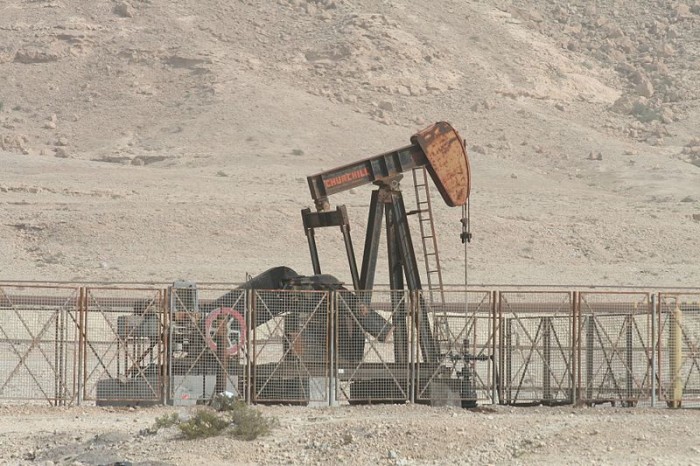OPEC’s idea is to try to knock out U.S. shale producers by driving prices lower than they can afford. That way Saudi Arabia, the cartel’s biggest exporter, can keep its market share in the U.S. But the damage to its fellow oil exporters could be severe. In Russia, for example, the ruble is plummeting. Iraq is already having trouble fighting ISIS, and lower oil prices won’t help. Libya is in chaos. Venezuela’s economy, already on life support, depends on oil for 95 percent of its export revenue. Iran’s oil minister on Friday told Bloomberg News that he has doubts the strategy will even work: “There’s no fact or figure to say that shale production will definitely decrease,” he said.
U.S. production probably will decrease, even if it takes a while. At $65 a barrel, it’s unlikely the U.S. can keep up its record-setting pace of expanding oil production. U.S. oil has jumped from about 5 million barrels a day in 2008 to more than 9 million. Even before OPEC’s decision, forecasters were calling for a slowdown. Last May, for instance, the Energy Information Agency forecast that total U.S. production would peak just shy of 10 million barrels per day before 2020.
(Read the rest of the story here…)
